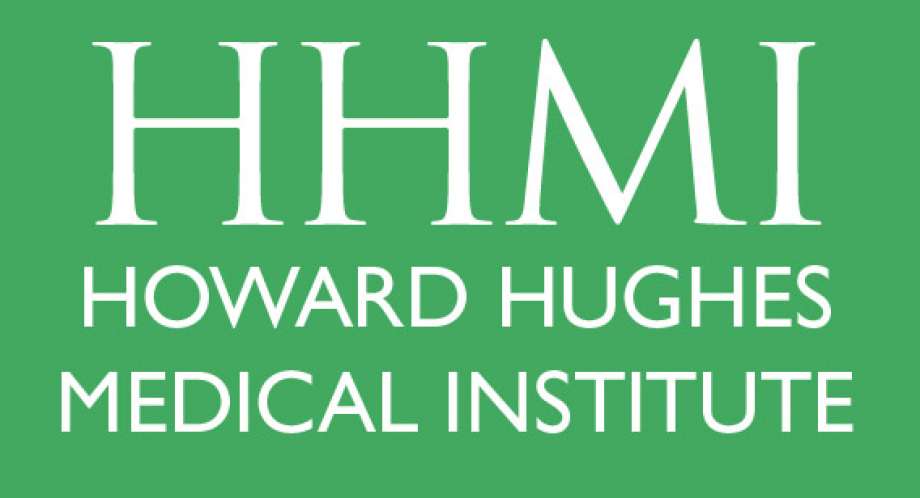Four Harvard Medical School scientists are among the 19 individuals named Howard Hughes Medical Institute Investigators on May 23. The appointment provides long-term flexible funding that enables researchers to pursue scientific interests and provocative fundamental questions of critical importance to biomedical progress.
HHMI catalyzes discovery in basic biomedical research that generates knowledge about the structure and function of living systems at the level of molecules, cells, behaviors and interactions, with the potential to benefit humanity. HHMI supports curious and ambitious researchers, providing catalytic support with flexible funding for significant periods of time and that is subject to rigorous periodic scientific review.
“We selected these scientists because they know how to ask hard and interesting questions with skill and intellectual courage,” said David Clapham, HHMI’s vice president and chief scientific officer. “We believe they have the potential to make breakthroughs over time. They’re looking for undiscovered territory in biology. What they learn will benefit humanity.”
The four HMS recipients this year are:
Thomas Bernhardt, professor of microbiology and immunobiology and associate head of the Biological and Biomedical Sciences Graduate Program at HMS
Bernhardt’s lab works toward unraveling the mysteries of bacterial cell growth and division with a focus on the bacterial cell wall, which ensures bacterial integrity and survival. Understanding the mechanisms of bacterial cell wall synthesis has critical implications for human disease and health–most importantly the development of new therapies to target disease-causing bacteria. Bernhardt’s lab combines modern genetic approaches with cell imaging and biochemical analysis in a range of bacterial species.
Benjamin Ebert, the HMS Nicola David-Pinedo Professor of Medicine at Brigham and Women’s/Dana-Farber Cancer Institute
Ebert’s lab aims to unravel the biology and treatment of hematologic, or blood, malignancies, with a particular focus on myelodysplastic syndrome, a type of cancer characterized by abnormal differentiation and a deficiency of mature blood cells. Ebert’s work is focused on characterizing the mutations responsible for the condition. Using large-scale genetic analyses of patient blood samples, the lab already has identified mutations that predict prognosis and response to therapies in people diagnosed with the disease. Ebert is also working to develop a range of technologies, including genomic and proteomic approaches in combination with classical cell and molecular biology.
Stephen Liberles, professor of cell biology at HMS
Stephen Liberles investigates how the brain generates perceptions and behaviors, with a focus on olfaction and taste. By elucidating the molecular underpinnings of these processes, his lab aims to better understand how neural pathways involved in processing environmental cues elicit behavioral responses such as mating, foraging and avoidance. Liberles’ lab also studies the sensory biology of the vagus nerve, which regulates cardiovascular, respiratory, digestive and other functions. Despite its medical importance, the internal sensory systems of the vagus nerve are still poorly defined, and Liberles aims to build a better understanding of its physiology to build a foundation for mechanistic study and therapy design.
Beth Stevens, HMS associate professor of neurology at Boston Children’s Hospital
Stevens is interested in interactions between the two fundamental cell types of the nervous system, neurons and glia. Her lab seeks to understand how neuron-glia communication facilitates the formation, elimination and plasticity of synapses–the points of communication between neurons–during both healthy development and disease.
Each of the 19 new investigators will receive roughly $8 million over a seven-year term, which is renewable pending a scientific review. In addition, investigator support includes a guaranteed two-year transition period. This new group of investigators is the first to be appointed to a seven-year term (previous terms were five years).
HHMI selected the new investigators from a pool of 675 eligible applicants. The scientists represent 15 U.S. institutions and will join an investigator community that now numbers more than 300.
###
Media Contact
Ekaterina Pesheva
[email protected]
617-432-0441
@HarvardMed
http://hms.harvard.edu





